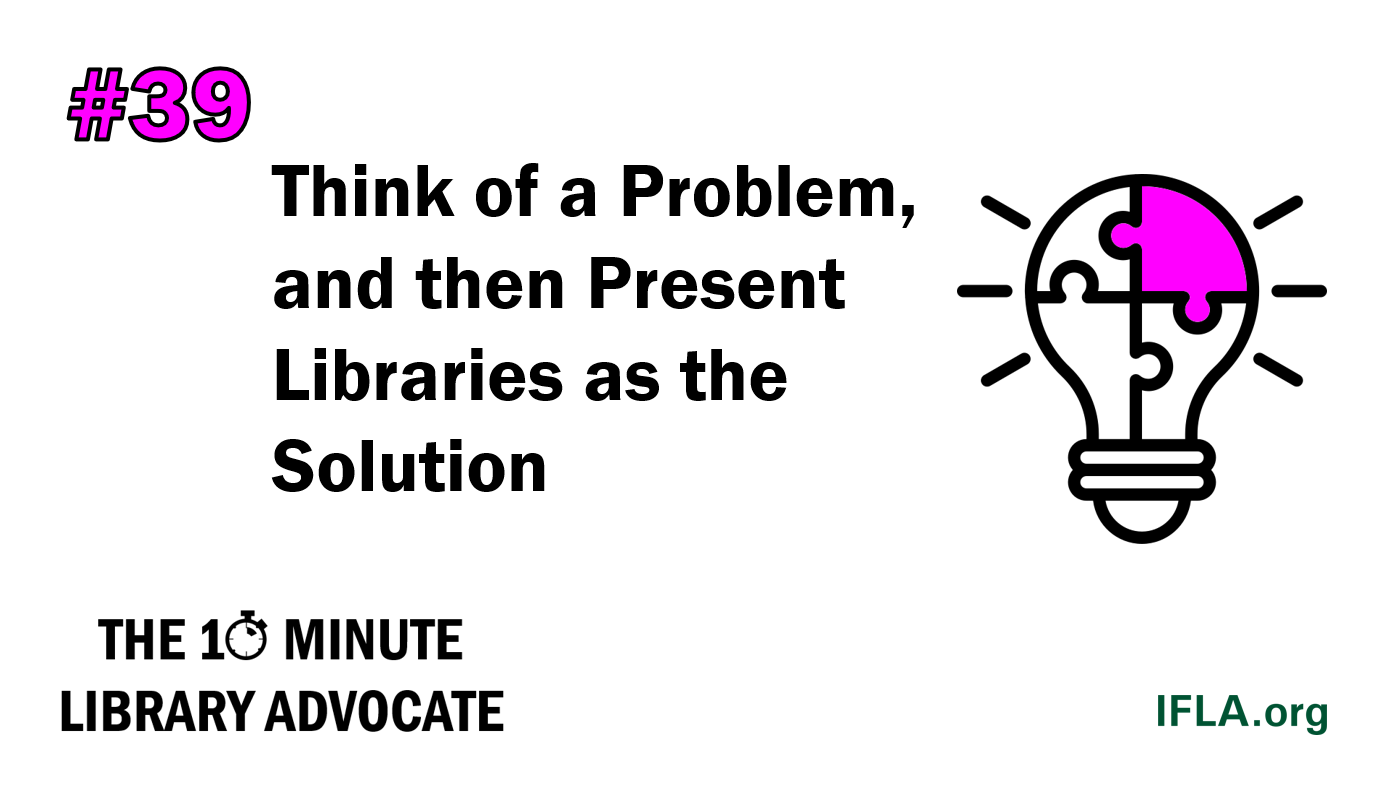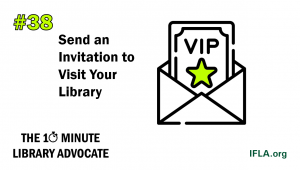The work of Eric Klinenberg on the role of libraries as social infrastructure has received a lot of attention in the library world.
Based on his research among residents of New York, he heard countless stories of people whose lives had been changed – improved – through the time they had spent in libraries, through their contact with librarians.
His arguments are based strongly on the idea of social capital – the connections between people that allow them to work together more effectively.
In making this link between libraries and social capital, Klinenberg brings our institutions into a space where those interested in museums and sites have long been active – the connection between cultural institutions and places and community well-being (for example here).
A day after World Habitat Day, in the European Week of Regions and Cities, and ahead of the launch of the Climate Heritage Network, this blog looks further at this connection, and in particular the challenges it faces.
Social Capital
As highlighted, the notion of social capital, in broad terms, is about connections between people. These connections can be based on norms and values – specific beliefs as to what is acceptable or not, and a sense of what is important.
In turn, these norms and values allow people to develop trust, building cooperation and saving time and effort. In times of hardship, it can allow for greater resilience and quicker recovery.
Of course the links in question are not always universal. In talking about social capital, there is talk of bonds and bridges. Bonds are what connect people within a group, and bridges are what connects people in one group with those in another.
Too much focus on links within a single group can be unhealthy, and lead to some being excluded. In order to build the widest possible sense of community, there is a need not only to support internal connectedness, but to provide opportunities to build bridges.
In ensuring both of these, both knowledge and spaces have a role to play. This understanding is already at the heart of reflection on how museums and other heritage sites contribute – through providing common reference points, as well as a space where people can come together.
As Klinenberg’s work points out, this is just as true for libraries.
Communities and Climate Change
All sorts of challenges can test the resilience of communities. Economic change, dramatic policy shifts and conflict all force changes to daily life and require adaptation.
Climate change will certainly lead to many such situations, as groups face extreme weather events, need to adopt new ways of living, or even need to abandon villages, towns and cities.
These shifts can be traumatic. Changing habits, structures and economic models may affect the norms and values that underpin social capital.
At worst, the heritage – the buildings and objects which offer a physical reference point, the documents and ideas that offer a mental one, and the spaces that enable interaction – are at risk of being lost.
The consequence of this can be to reduce social capital, both within groups, and between them, at a time when it is needed most. It can make recovery and adaptation slower and longer, if it happens at all.
At best, just as in the cases identified by Klinenberg in his own work in New York, libraries can offer both the space and the substance necessary for building social capital, even in situations of hardship, and so making communities more resilient.
The explicitly public focus of libraries – and their ability to reach out to people who may not identify with other cultural institutions – mean that they have a potentially highly important contribution.
It is helpful to see potential for a convergence in the work done by libraries and museums and other heritage institutions on where – and how – they can build social capital.
Given the respective strengths of each, there is also strong scope not just for connections within our sectors, but also across them. In the face of climate change, the chances are that this will be more and more necessary.

 Some of the most powerful advocacy comes from showing what you’re doing, not just talking about it.
Some of the most powerful advocacy comes from showing what you’re doing, not just talking about it.